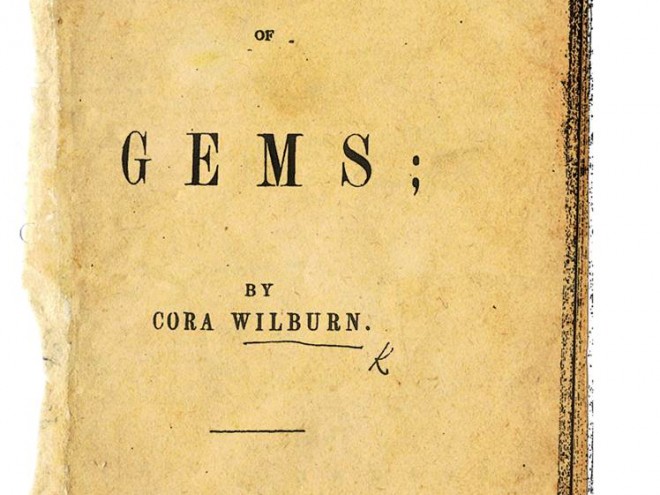By
– January 6, 2015
Jonathan Sarna has given us a masterful gift to commemorate the 350th anniversary of Jewish settlement in America. Drawing on his own encyclopedic knowledge of Jewish life in America, his American Judaism provides readers not only a wellcrafted and eminently readable history but an insightful retrospective allowing us to face the next 350 years with hope.
Sarna describes, with captivating detail, the social, cultural and historic factors which have shaped today’s vibrant Jewish American community. Sarna recognizes that it is impossible to separate the secular history of Jews in America from our religious experience. Looking at our history through the lens of religious change is a unique approach. Sarna uses it effectively to guide us through the dilemmas faced by generations of American Jews. We learn that concerns about anti-Semitism, intermarriage, education, Zionism and religious observance are not unique to our generation. Neither are the resulting responses. The message Sarna clearly delivers is that “today as so often before, American Jews will find creative ways to maintain and revitalize American Judaism.”
Although the earliest Sephardic and Ashkenazic settlers attempted to duplicate familiar models of communal authority, they quickly discovered that in America there were different possibilities. Unfettered by (or deprived of, depending on one’s view) rabbinic and scholarly leadership, they restructured religious practice to fit an American way of life. By the time the first rabbis arrived in the 1840’s a tradition of independence and practicality had been in place for decades. In America, as Jews empowered themselves to make religious decisions, the result was a uniquely American form of Judaism.
More than history, this is a book of hope. Each wave of Jewish immigration faced its own successes, dilemmas and failures. In retelling the rich narrative of Jewish life in America, Sarna reminds us that “each generation has had to wrestle anew with the question of whether its own children and grandchildren would remain Jewish.” Somehow, as this book so cogently observes, we’ve managed to successfully balance our lives as Jews and Americans, with every indication that we will continue to do so in the future.
Sarna is deservedly known as the “dean” of American Jewish history. His scholarship is renowned. Yet, he writes in a style that brings his knowledge and ideas alive to a wide spectrum of readers, Jewish and non- Jewish, scholars and lay people. This book is destined to be the new classic of American Jewish history. Bibliography, glossary, index, notes, timeline.
Norman H. Finkelstein, the author of eighteen nonfiction books, has won the National Jewish Book Award twice and the Golden Kit Honor Award for nonfiction. He lives in Framingham, Massachusetts.





